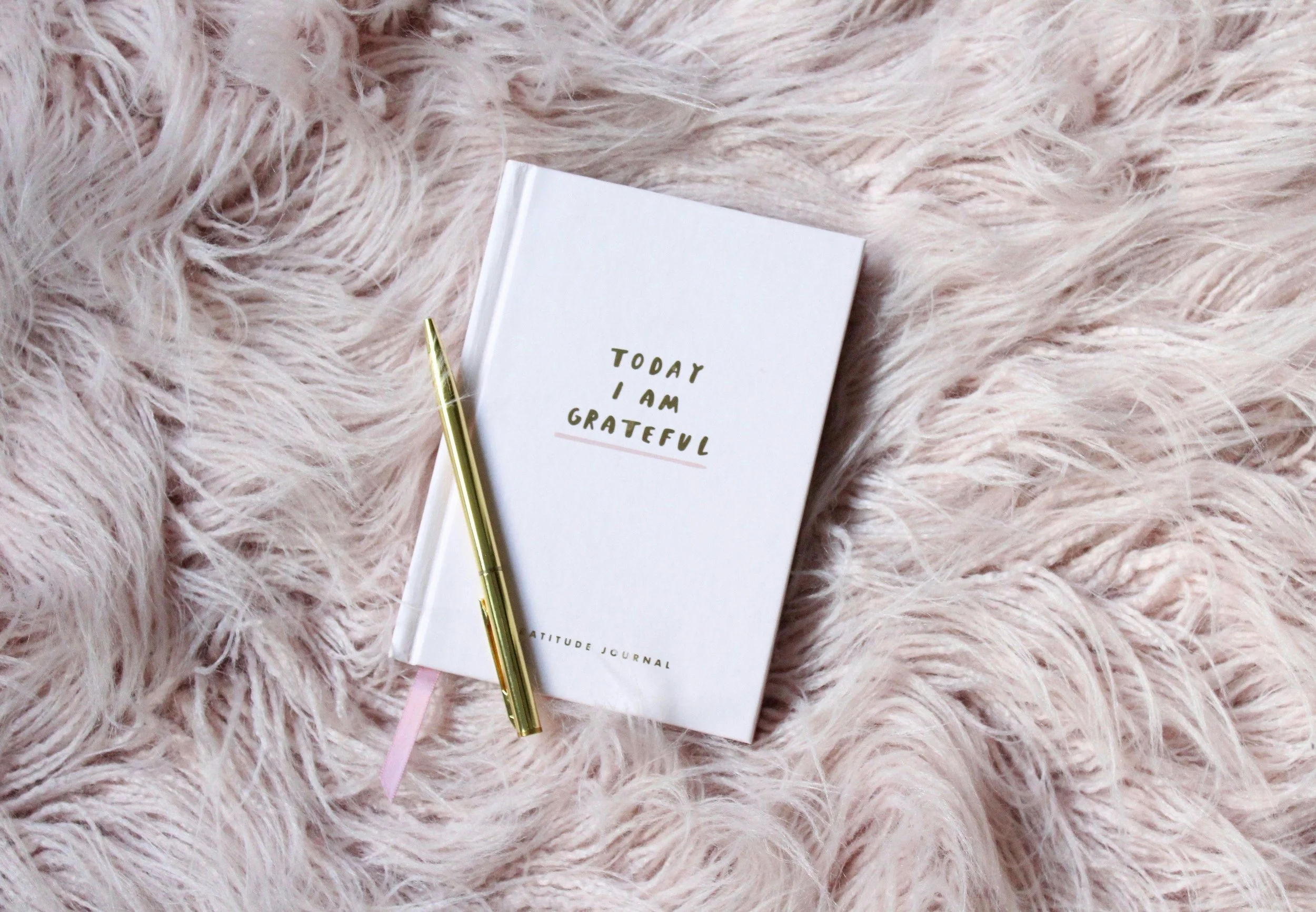Gratitude and Brain Health: Why It Matters
How Practicing Gratitude Can Help You Heal After a Concussion
Recovering from a brain injury can be one of the most challenging journeys — full of uncertainty, frustration, and moments where it’s hard to see progress. But amidst all of that, there’s a powerful tool that can help shift how your brain heals and how your heart feels: gratitude.
It’s not about ignoring your pain or pretending everything’s fine. Gratitude is about noticing small moments of light, even when things feel dark — and teaching your brain to focus on what’s still good, not just what’s hard.
And here’s the amazing part: gratitude doesn’t just feel good — it’s scientifically proven to support brain health, emotional regulation, and recovery.
The Neuroscience of Gratitude
When you practice gratitude, your brain releases dopamine and serotonin — two neurotransmitters responsible for happiness, motivation, and mood regulation. These “feel good” chemicals help calm your nervous system, reduce stress, and even improve sleep.
For someone recovering from a concussion or TBI, this is powerful.
Your brain is working overtime to heal, and gratitude helps create a mental environment where healing can thrive.
Research also shows that gratitude activates the prefrontal cortex — the part of your brain involved in decision-making, focus, and emotional balance — areas that are often affected after a brain injury.
In simple terms:
Gratitude rewires your brain to notice progress instead of pain — and that shift supports healing.
How Gratitude Supports Emotional Healing
After a brain injury, it’s common to experience emotional ups and downs — frustration, fear, sadness, or isolation. Gratitude doesn’t erase those feelings, but it helps balance them by gently reminding you that both difficulty and beauty can coexist.
When you focus on what you’re thankful for, you:
Shift perspective from what’s missing to what’s meaningful
Lower stress and anxiety through calm reflection
Build emotional resilience during setbacks
Reconnect with people, purpose, and joy
It’s not about toxic positivity — it’s about giving your brain a healthier lens through which to view the world.
Easy Ways to Practice Gratitude After a Concussion
Gratitude doesn’t have to be another “to-do.” It can be small, simple, and doable — even on the hard days. Here are a few ideas to start building gratitude into your recovery routine:
1. Start a Gratitude Journal
Write down 3 things you’re grateful for every morning or night. They can be as small as “a warm shower” or “a text from a friend.” The goal is consistency, not perfection.
Tip: Try a short-form version like The Five-Minute Journal — it’s easy to use and doesn’t overwhelm your brain.
2. Send a Gratitude Text
Once a week, message someone who made a positive impact on your day — a friend, family member, doctor, or even a stranger. Expressing gratitude out loud strengthens your brain’s reward circuits and deepens social connection.
3. Practice “Grateful Pauses”
Throughout the day, pause for 10 seconds to notice something you appreciate — sunlight on your face, your pet, or a moment of calm.
These micro-moments help regulate your nervous system and keep you grounded in the present.
4. Pair Gratitude With Movement
Try a gentle walk, stretch, or yoga session while mentally listing things you’re grateful for. Physical movement helps lock in positive emotions and reinforces brain-body connection.
5. End Each Day on a Positive Note
Before bed, reflect on one thing that went right today — no matter how small.
Even on difficult days, finding one bright spot trains your brain to build hope, not frustration.
A Personal Note from KB
After my own brain injury, I struggled with anxiety, insomnia, and feeling disconnected from the person I used to be. Gratitude became one of the few tools that helped me find peace again.
It didn’t change my circumstances — but it changed my relationship to them. It taught me to honor the small victories: a clear thought, a good night’s sleep, a day without dizziness.
Those little wins became the foundation of my recovery.
Gratitude doesn’t mean pretending everything’s perfect — it means saying,
“Even though it’s hard, I’m still here. I’m still healing. And that’s something to be thankful for.”
Final Thoughts
Practicing gratitude after a concussion isn’t about denying the struggle — it’s about giving your brain the support it needs to see hope again.
Gratitude helps calm the chaos, rewire your mindset, and bring a sense of control back into your healing journey.



